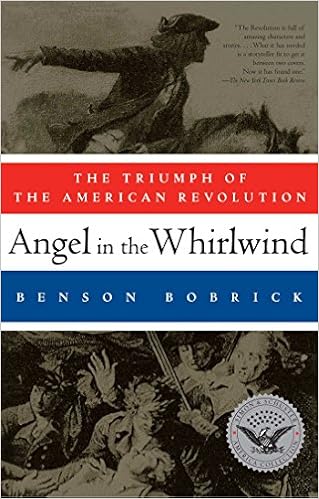#3 WASHINGTON'S WAR 2010
 |
| A great photo from Margin of Victory |
Back in 2013, my local gaming buddy Roger and I decided to tackle the problem of getting games to the table, by using Vassal to either play games that we already own, or road test games of interest to us. Since then, we've been keeping a record of our games as a Geeklist on Boardgamegeek (BGG). I'm happy to say that Washington's War was one of our first choices. With an interest in the period and CDGs, I noted just how highly rated this game was on BGG, so suggested we give the game a spin. In the end, we played it 3 times and each contest was a nail-biter that went right down to the line. I enjoyed it so much, that I bought a copy of the game, and now consider myself a fanboy of the game's designer, Mark Herman (just bought a copy of his US Civil War game, For the People...but that's another story).
Focused on the American Revolution, Washington's War (WW) is probably a great gateway CDG, as the ruleset is little more than 20 pages. In usual GMT-style, it's also ably supported by a generously illustrated Playbook, containing an extended example of play. The scale is strategic and the playing pieces represent the commanders on both sides of the War and their armies.
A great feature in WW is that there is uncertainty governing just exactly when the game will end, as drawing a Lord North card can either shorten or extend the War. The game is asymmetrical, with Patriots and British bringing their own set of strengths and weaknesses to the conflict, as each vies to achieve political and military mastery. The British, for example, have control of the seas and can swiftly land forces into controlled or neutral ports up and down the coast. The Patriots have an easier time in calling up reinforcements, and can stage rapid land marches.
I really can't recommend this game enough. If you are new to gaming and want to give CDGs a try, this is a great starting point.
When getting stuck into a particular game, I like to also read up about the associated history of the conflict. For the American War of Revolution, after some research, I settled on:
The Angel in the Whirlwind by Benson Bobrick is an absorbing single volume history of the War. I would have liked to have seen more maps (I have the paperback version), but if you are seeking a concise, yet expansive, overview of the Revolution, this is a good choice.

I'd be interested in your comparison to Liberty or Death: The American Insurrection COIN game having now played both.
ReplyDeleteThe main difference to me is that a 2-player contest naturally feels tighter and there is much greater ability to plan a turn from your 7 card hand.
I find COIN games to be more about maximizing the game state and crisis management when your turn randomly crops up. I find it very difficult to follow longer term strategy or take the initiative. Most frustrating is that the game ends with a feeling that you only got a quarter of what you wanted done. The other barrier is that we haven't yet evolved a good ability to get other players to do our bidding. :)
I appreciate your comments Roger. For me, the jury is still out on the COIN system. So far I've played Cuba Libre a handful of times and Liberty or Death once (in additional to a learning game) and wish to get more experience of this system under my belt before making any conclusions. That said, I take your point about the frustrations of trying to build a clear strategy, when there's often so much chaos happening as other players enact a random succession of cards.
ReplyDelete